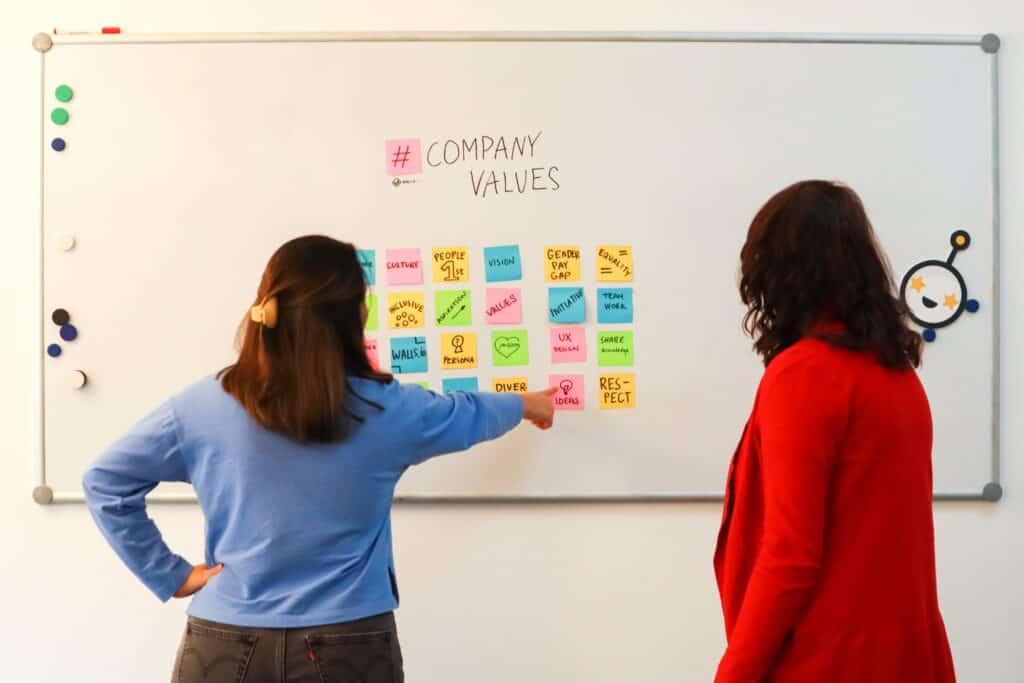New research shows that a toxic company culture is the single biggest driver of employee turnover, more so than the often-cited culprits of burnout or compensation. Toxicity happens when bad behaviour is overlooked, or worse, rewarded for the sake of results or bureaucracy. On the flip side of toxic cultures, exceptional organizational cultures, don’t just happen by accident. Exceptional culture is the result of intentional and on-going efforts to articulate, cultivate and nurture an organizational culture that effectively balances the priorities of both people and performance.
When you are embedded in a toxic organizational culture, the prospect of turning the culture around can feel overwhelming, and in fact, most employees feel like it is a hopeless endeavour and that the only route to salvation is to leave. The pervasive mindset is that something or someone bigger than “me” has to shift for progress to be made. This universal lack of personal empowerment and accountability and subsequent finger pointing keeps organizations in a never-ending cycle of mediocrity.
Are You Willing to Change?
The question becomes: how long is the organization and the people in it willing to wait before making a change? There is an old saying that “time heals all wounds” but in the case of organizational culture, time simply compounds the problem and the longer you wait, the wider the gap becomes, and your top performers aren’t sticking around to see what happens.
In the field of Organizational Psychology, organizational culture is comprised of three key elements: the basic prevailing assumptions of an organization, the shared values and the more obvious symbols like coffee bars or ping pong tables (Schein, E. H. 1992). Unfortunately, many organizations turn to those more superficial symbols of culture like team building events, office perks or a snappy company slogan with no plans behind it when they are attempting to make a change.
Creating an Exceptional Culture
In our experience working with teams and leaders, in order to really catalyze change and realize the exceptional culture that your organization deserves, you need to start by digging deeper. Culture transformation truly begins when leaders are willing to:
- Examine the underlying assumptions, beliefs and mindsets that currently drive behaviour in their organization. What behaviours do employees believe get rewarded in the organization? What do people find acceptable vs unacceptable?
- Identify the desired culture that will fulfill the organizations strategy, and attract and retain the talent required to achieve it.
- Agree on the behaviours that are required to bring that culture to life (and how to hold each other accountable to those behaviours in the process).
Everyone wants to be part of a winning team. If you hold the belief that better is possible for your organization, reach out to learn more about how The Roundtable can help you get there. In the meantime, download our latest guide on group coaching.




